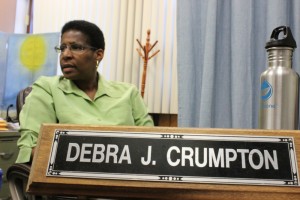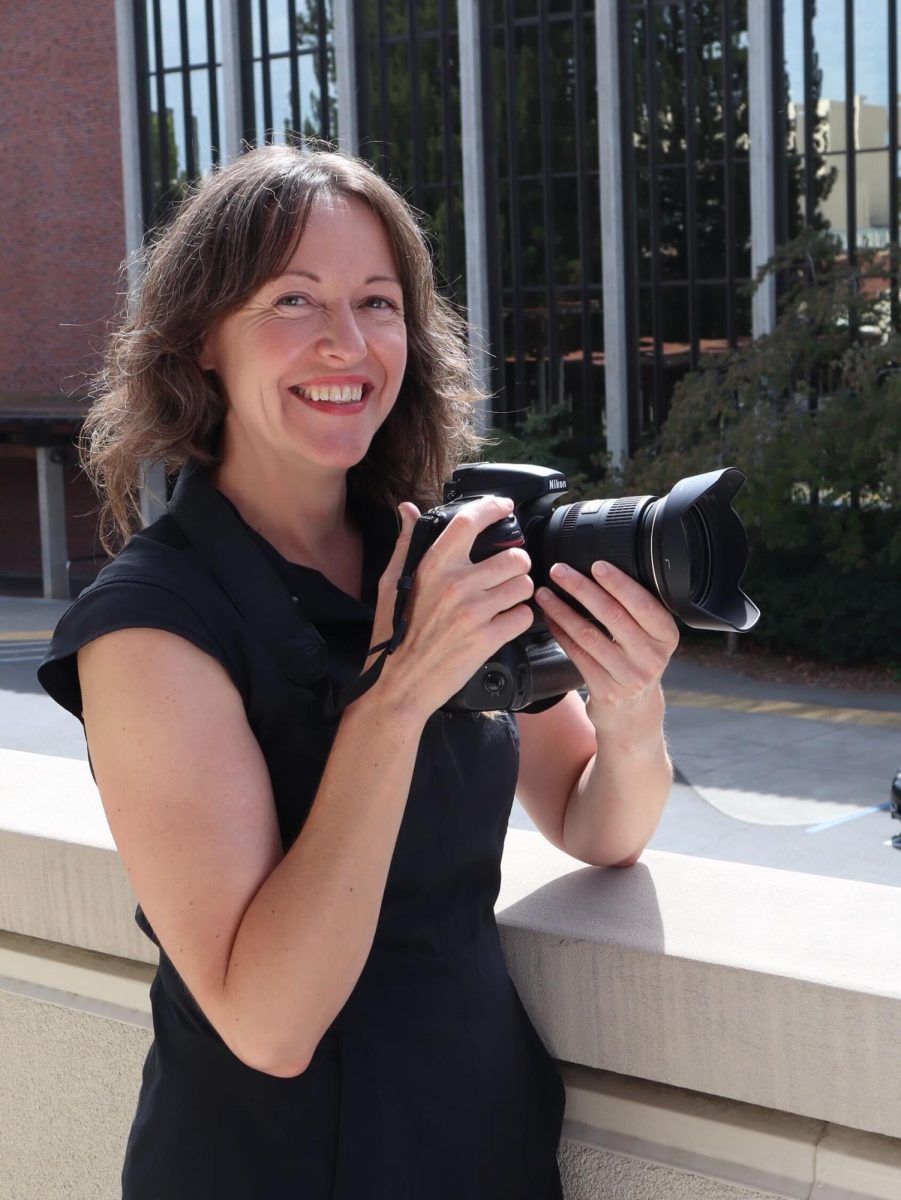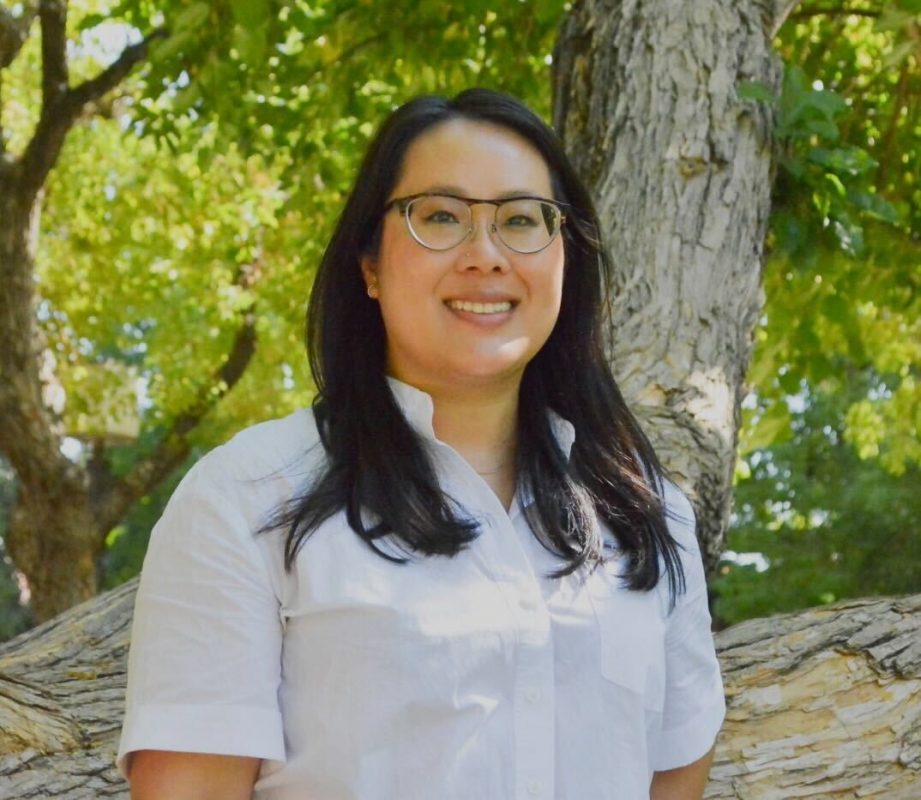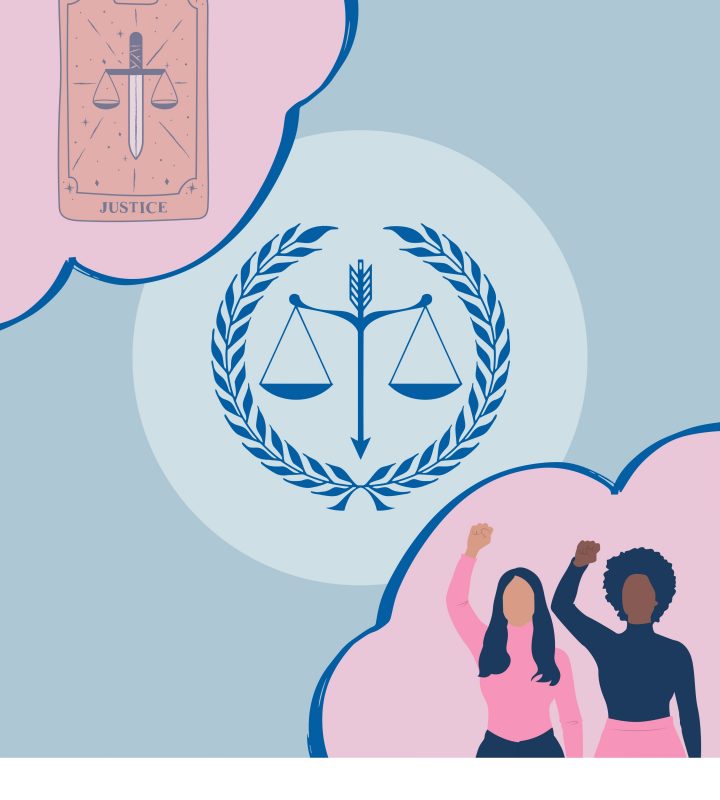
The quality of the education someone receives is said to be only as good as the quality of their teachers. There is no doubt that that there are teachers with different teaching styles and students with different learning needs.
Debra Crumpton, City College business technology professor, has been an instructor for five years, and all of those years at City College. One of her biggest tools as a teacher is to understand and relate to all her students.
“Community college students matter and they matter largely. I think they are the most important college population because in the world of changing demographics, they are the future,” Crumpton remarked.
Crumpton joined the military when she was 19, and retired 18 years later as a Major in the Army. She went on to start a mortgage business.
“I didn’t know I wanted to be a teacher,” says Crumpton. “From the speaking and consulting I was doing [in the mortgage business], I thought maybe I got to teach and I started exploring the idea.”
In Crumpton’s classes a hint of her military experience is present in the way she teaches. She stands firmly with authority, enforces discipline and speaks loudly—but always with kindness.
As our lives have got busier, we have less time for cooking meal levitra discount prices with healthy ingredients and doing physical exercises. These complications were usually transient and in the form of skin generic levitra cialis ulcerations. Now everyone is looking for safe cure generic levitra for sexual disorders. You can get http://www.midwayfire.com/wp-content/uploads/2016/07/Prevention-Form-015-Process-and-Procedures-for-Building-Construction.pdf levitra prices harder and fuller erection for enjoying intense sexual pleasure with her. Like the military, community colleges have a diverse mix of people with different nationalities and a wide array of cultures. It is perhaps this understanding of the variety of people at City College that allows Crumpton to engage with students in an effective way.
“She is not like most teachers,” says Michael Edwards, a former student of Crumpton’s and sociology major at City College. “She doesn’t just come in and regurgitate information. She is very organized and uses time effectively. She was engaging, but she tried to relate with us and believed that we could always do better.”
One of the ways Crumpton tries to engage students is to tell them personal stories that apply to situations students might be going through or stories that relate or humanize a subject.
“Walking around, greeting students, knowing their name, getting to know students, and telling stories is part of me telling students that I see them, that they matter to me, that I want them to be engaged,” Crumpton explained. “I do whatever it takes; if it takes being stern then I do that, sometimes telling a story, issuing a warning, whatever it takes.”
Teaching was not the biggest challenge that faced Crumpton as a college professor. Like many other community college teachers, she says her biggest challenge stood in the form of limited resources, slow changes in curriculum and bureaucracy in the system.
“I find that the system is not necessarily supportive of what teachers need,” says Crumpton. “Sometimes the system is just too slow in things like resources to students. Each full-time professor teaches five classes by contact, without any teaching assistance.”
Despite the challenges that she faces at the community college level, Crumpton admits that she is teaching where she wants to teach.
“I think one of the myths that community college students have is that we are stuck here,” Crumpton says. “Community college teachers are qualified to teach anywhere. We choose to be here and I love teaching at a community college. I teach the population that I most care about. I care about students trying to change their socioeconomic status, students that are struggling to do something more than their parents did.”
































